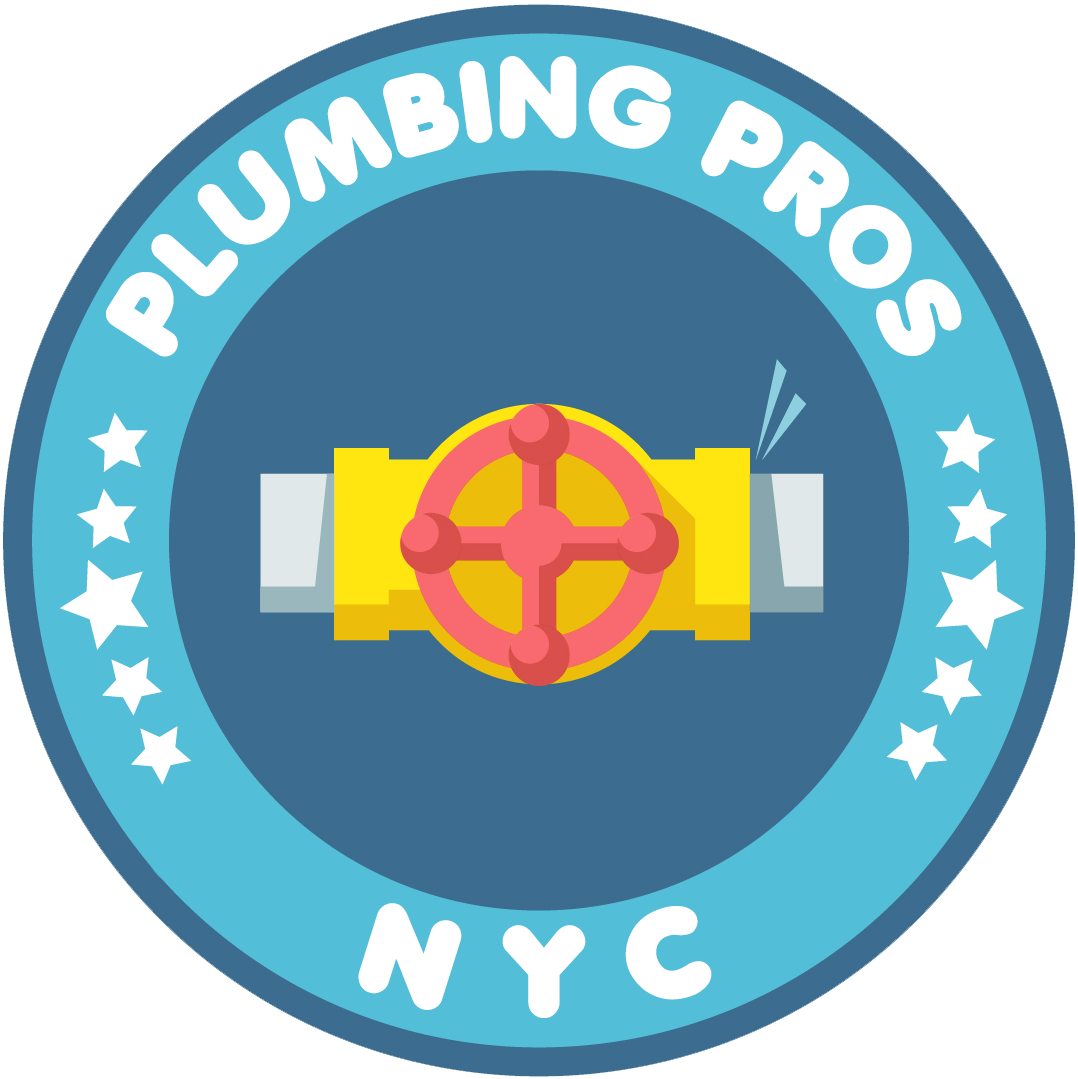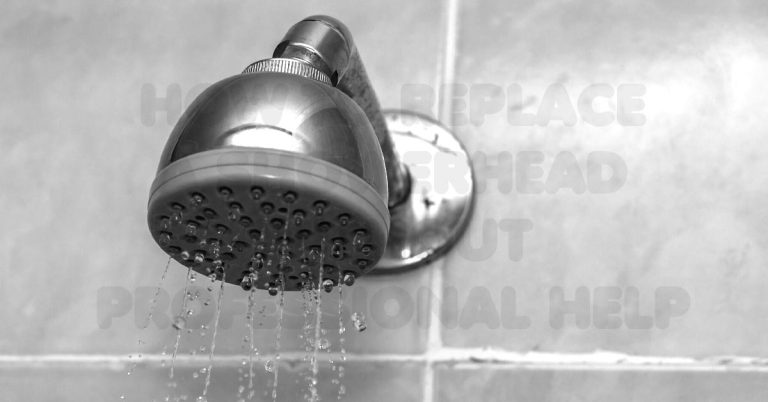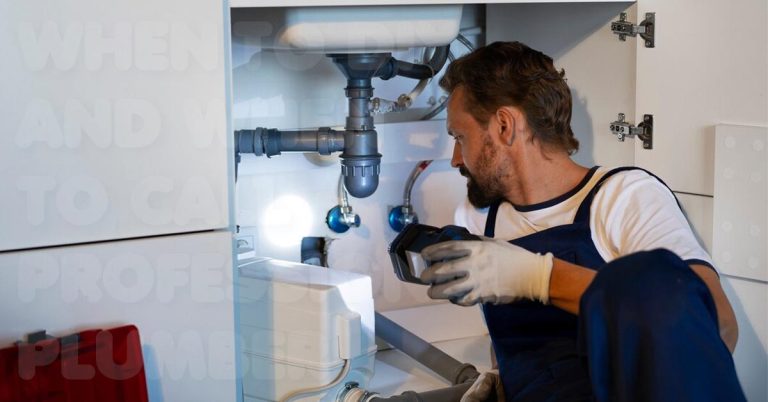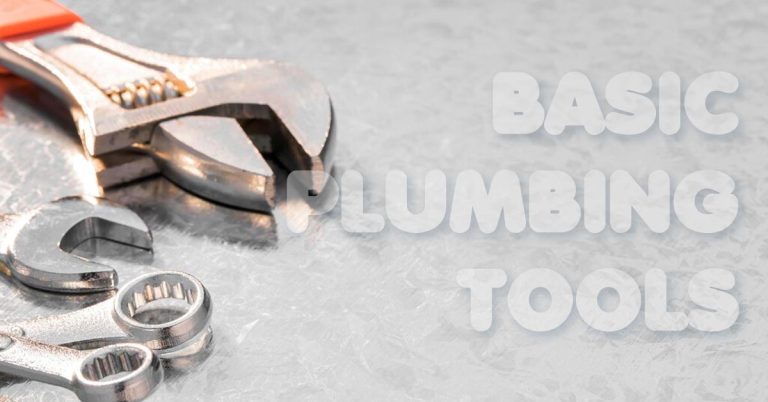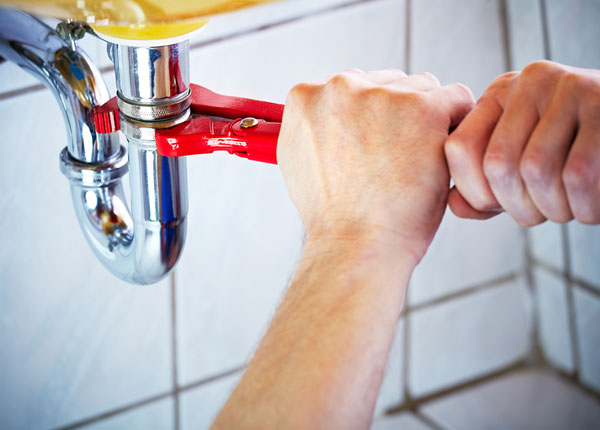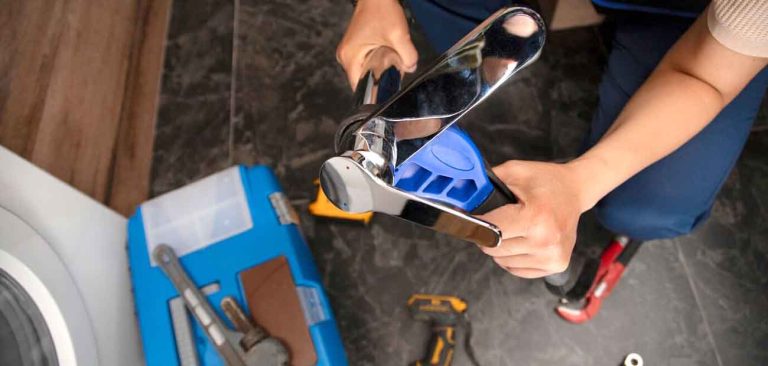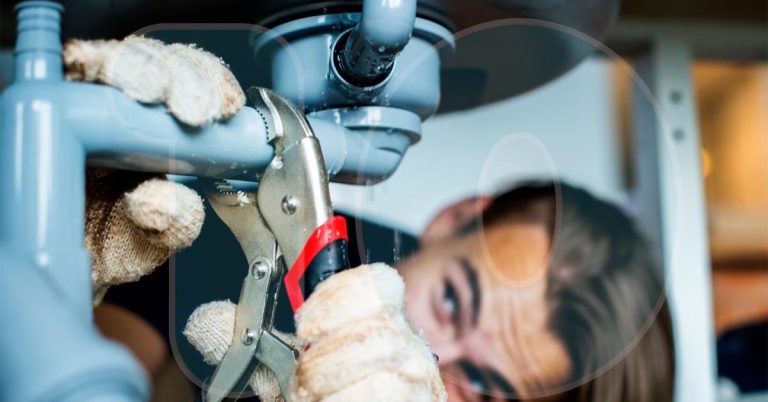Simple Ways to Prevent Clogged Drains in Your Home
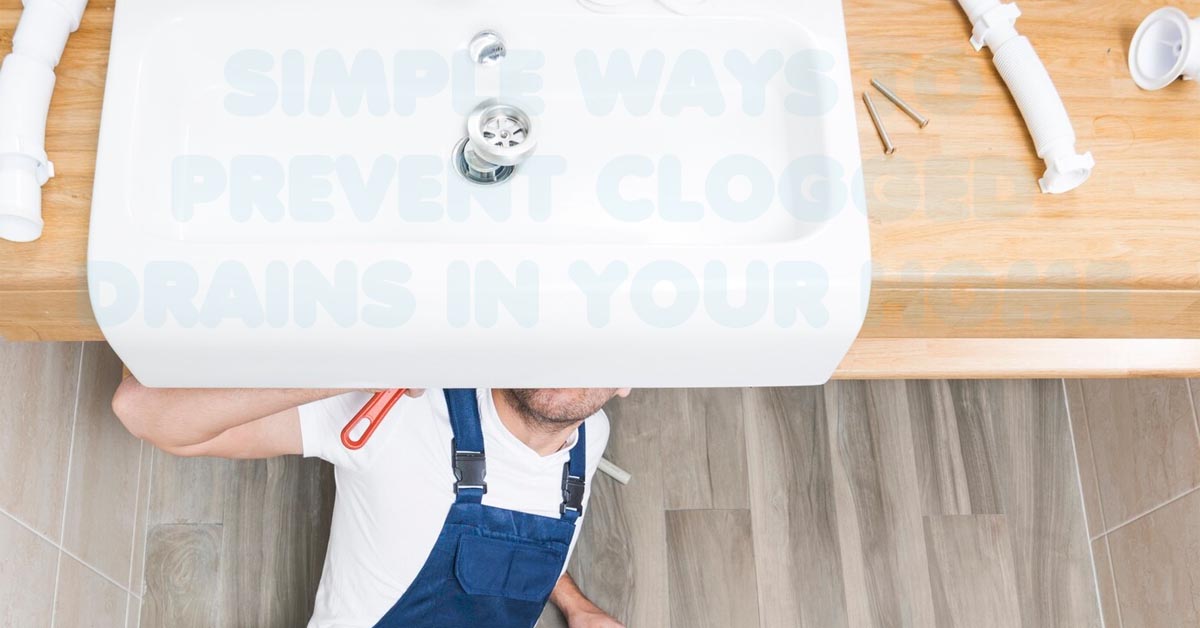
Clogged drains are one of the most common plumbing issues faced by homeowners. Whether it’s a slow-draining sink, a backed-up shower, or a clogged toilet, these problems can be inconvenient and costly. The good news? Most clogged drains are preventable with simple habits and maintenance practices.
This guide will explore practical and easy ways to prevent clogged drains in your home. By following these tips, you can keep your plumbing system running smoothly and avoid the hassle of dealing with stubborn blockages.
However, if you’re already facing a clogged drain, NYC 24/7 Plumbing Pros is here to help. Call us at (332) 233-7070 for fast and reliable drain cleaning services.
Table of Contents
Why Do Drains Get Clogged?
Understanding the common causes of clogged drains can help you take preventive measures before they become serious plumbing problems.
Hair and Soap Buildup
Hair and soap scum are the main culprits behind clogged bathroom drains. When hair combines with soap residue, it forms sticky clumps that cling to the walls of pipes, gradually narrowing the passage and causing blockages.
Grease and Food Particles
Kitchen drains often get clogged with grease, food scraps, and cooking oil. Grease solidifies as it cools, sticking to the pipes and trapping food particles. Over time, this accumulation leads to stubborn clogs.
Foreign Objects and Debris
Small objects like jewelry, toys, cotton swabs, and hygiene products can accidentally fall into drains and cause blockages. Even so-called “flushable” wipes can create severe plumbing issues.
Mineral Buildup
In areas with hard water, mineral deposits gradually build up inside pipes, reducing water flow and increasing the risk of clogs. This is particularly common in older plumbing systems.
Simple Ways to Prevent Clogged Drains
1. Use Drain Screens
Drain screens or strainers are affordable and practical tools for preventing clogs. They catch hair, food particles, and other debris before they enter the pipes.
How to Use Drain Screens:
- Place drain screens over the openings of sinks, tubs, and showers.
- Clean the screens regularly to remove trapped debris.
- Choose a fine-mesh strainer for bathroom drains to catch even the most miniature hair strands.
Why It Works: Drain screens act as a barrier, preventing hair, food particles, and debris from entering the pipes and causing clogs.
2. Dispose of Grease Properly
Pouring grease or cooking oil down the drain is one of the leading causes of kitchen clogs. Grease solidifies as it cools, sticking to the pipes and trapping food particles.
How to Dispose of Grease:
- Allow the grease to cool and solidify, then scrape it into a disposable container.
- Dispose of the container in the trash.
- Use paper towels to wipe greasy pans and dishes before washing them.
Why It Works: Proper grease disposal prevents it from solidifying inside pipes and creating stubborn clogs.
3. Be Mindful of What You Flush
Toilets are designed to handle human waste and toilet paper – nothing else. Flushing other items, even those labeled “flushable,” can cause blockages.
Items to Avoid Flushing:
- Wet wipes (even if labeled flushable)
- Paper towels and napkins
- Feminine hygiene products
- Cotton swabs and pads
- Dental floss
- Hair
Why It Works: Flushing only toilet paper prevents foreign objects from getting stuck in the pipes and causing clogs.
4. Clean Drains Regularly
Regular cleaning keeps your drains clear and reduces the buildup of soap scum, hair, and grease.
How to Clean Drains Naturally:
- Pour a mixture of baking soda and vinegar down the drain once a month.
- Let it fizz for 15 minutes, then flush with boiling water.
- Alternatively, use a biological drain cleaner with enzymes to break down organic matter.
Why It Works: Regular cleaning prevents buildup and keeps water flowing smoothly.
5. Use Hot Water Weekly
Flushing drains with hot water once a week helps dissolve minor grease and soap buildup.
How to Use Hot Water:
- Boil a pot of water and pour it slowly down the drain.
- This method is particularly effective for removing grease and food particles from kitchen sinks.
Why It Works: Hot water melts grease and soap scum, flushing them out before they harden and cause clogs.
6. Avoid Chemical Drain Cleaners
While chemical drain cleaners may provide quick relief for clogged drains, they can damage pipes over time and harm the environment.
Safer Alternatives:
- Use a plunger to dislodge minor clogs.
- Opt for natural cleaning solutions like baking soda and vinegar.
- Use a drain snake (plumber’s auger) to remove hair and debris.
Why It Works: Avoiding harsh chemicals protects your pipes and keeps your plumbing system in good condition.
7. Schedule Professional Drain Cleaning
Even with regular maintenance, some buildup is inevitable. Scheduling a professional drain cleaning service once a year ensures your pipes stay clear and functional.
NYC 24/7 Plumbing Pros offers expert drain cleaning services in Manhattan. Call us at (332) 233-7070 to schedule an appointment today.
When to Call a Professional Plumber
- Persistent Clogs: If the drain remains slow or clogged despite multiple cleaning attempts.
- Multiple Clogged Drains: This could indicate a blockage in the main sewer line.
- Foul Odors: Persistent bad smells may signify a sewer line issue.
- Water Backups: If water backs up in sinks, tubs, or toilets, it signifies a significant blockage.
NYC 24/7 Plumbing Pros is available 24/7 to handle any drain emergencies. Call us at (332) 233-7070 for fast and reliable service.
Preventing clogged drains is more straightforward than dealing with them after they occur. Following these simple habits and maintenance tips can keep your plumbing system running smoothly and avoid costly repairs.
However, if you’re facing persistent clogs or need professional assistance, don’t hesitate to contact NYC 24/7 Plumbing Pros.
Call us today at (332) 233-7070 or visit nycplumbingpros.com to schedule a service.
FAQs
How often should I clean my drains?
It’s recommended to clean your drains once a month using natural solutions like baking soda and vinegar.
Can I pour boiling water down all drains?
Boiling water is safe for metal pipes but should be avoided with PVC pipes to prevent damage.
Are chemical drain cleaners safe?
Chemical drain cleaners can damage pipes over time and harm the environment. Opt for natural alternatives or contact a professional for safe drain cleaning.
What is the best way to prevent hair clogs in the shower?
The most effective way to catch hair before it enters the pipes is to use a fine-mesh drain screen in the shower.
